The Chicago Board of Elections revealed on Saturday that more than 10,000 ballots hadn’t been included in previous vote totals by mistake, making unofficial counts lower than expected.
Preliminary Report:
SOURCE: https://cboeresults.blob.core.usgovcloudapi.net/results/Summary%20Report%20(2%20Column).pdf
In a news release, a spokesperson for the CBOE explained that while adding up vote-by-mail ballots, he accidentally left out additional ballots that had been delivered by the U.S. Postal Service on Monday.
“I traded speed for accuracy in reporting out numbers this week as quickly as I could,” spokesperson Max Bever said in a statement, in part. “I truly regret this error on my part and for the confusion that it has caused the voters of Chicago.”
The 10,659 ballots in question were added to the unofficial vote count on Saturday, increasing the total of ballots cast in Chicago to 368,990. Voter turnout citywide was reported to be 24.44% out of 1,509,554 registered voters.
Recent elections have sparked widespread discussions and debates regarding the integrity of the electoral process. As citizens grapple with various viewpoints and concerns, questions surrounding election integrity have taken center stage in political discourse.
One of the key issues that has emerged is the security and reliability of voting systems. With advancements in technology, concerns have been raised about the susceptibility of electronic voting machines to hacking and manipulation. Critics argue that these vulnerabilities could potentially undermine the integrity of election results and erode public trust in the democratic process.
Furthermore, the handling and counting of ballots have also come under scrutiny. Allegations of irregularities, such as ballot tampering or mishandling, have led to calls for increased transparency and oversight in the electoral process. Some argue that stringent safeguards and protocols are necessary to ensure the accuracy and fairness of vote tabulation.
Another area of contention is voter identification laws. Proponents argue that such laws are essential for preventing voter fraud and maintaining the integrity of elections. They contend that requiring voters to present identification helps verify their eligibility and prevents unauthorized individuals from casting ballots. However, critics argue that these laws disproportionately disenfranchise marginalized communities, such as low-income or minority voters, who may face barriers to obtaining valid identification.
Additionally, concerns have been raised about the role of money in politics and its potential to influence election outcomes. The influx of campaign contributions from special interest groups and wealthy donors has raised questions about the fairness and transparency of the electoral process. Critics argue that the influence of money in politics undermines the principle of equal representation and gives undue advantage to powerful interests.
Amidst these debates, calls for reform and strengthening of election laws and regulations have grown louder. Advocates emphasize the need for comprehensive measures to safeguard the integrity of elections, including increased funding for election security, implementation of robust auditing procedures, and expansion of voter access while ensuring strict enforcement of anti-fraud measures.
Ultimately, the issue of election integrity remains a complex and multifaceted challenge. As citizens and policymakers grapple with these questions, finding common ground and implementing effective solutions will be essential to uphold the integrity and legitimacy of the democratic process.
SOURCE: NBC NEWS


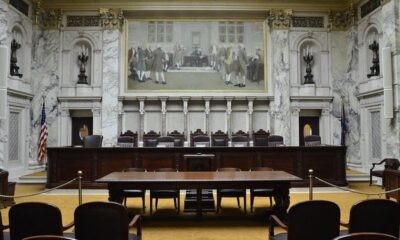











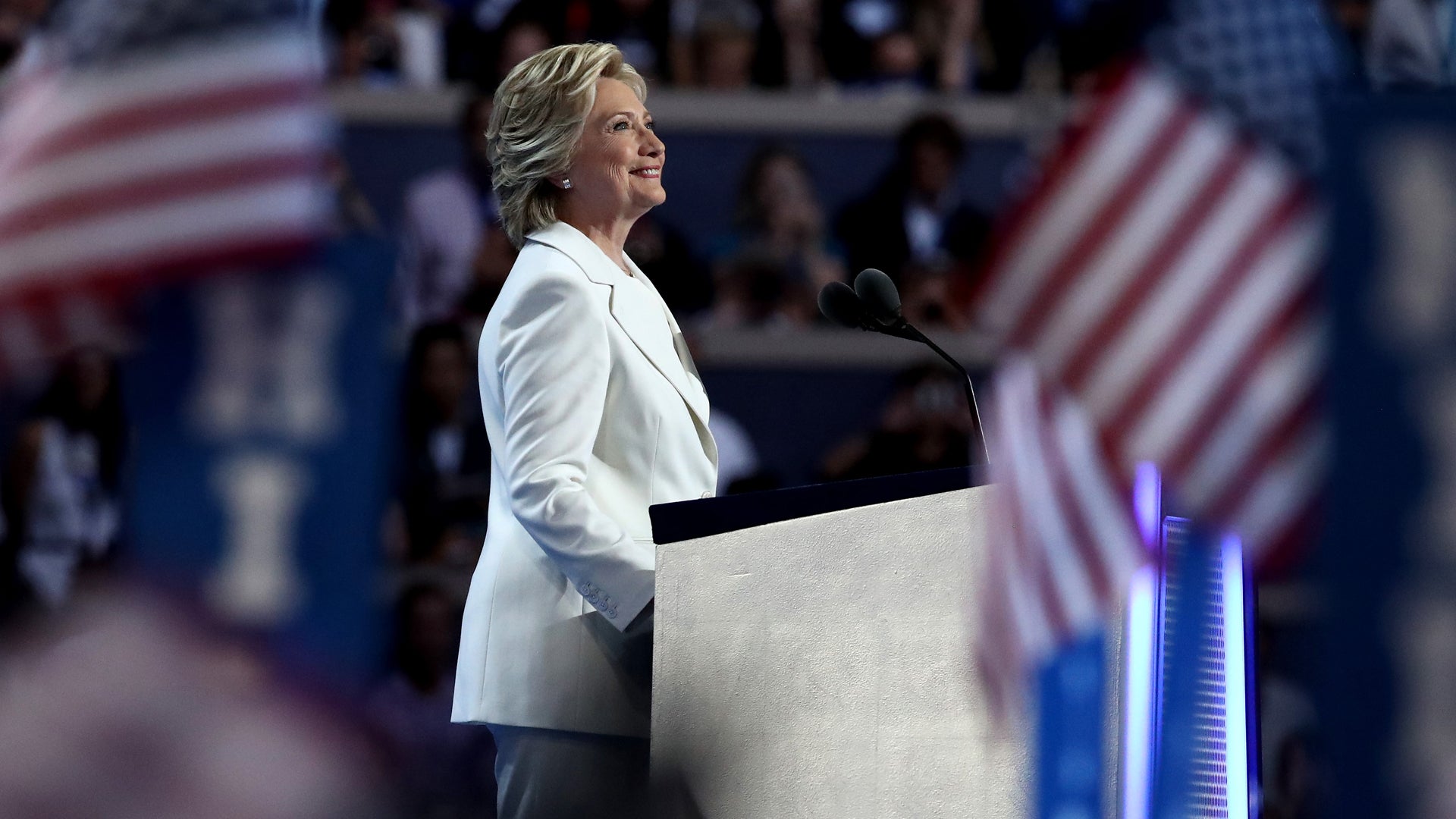
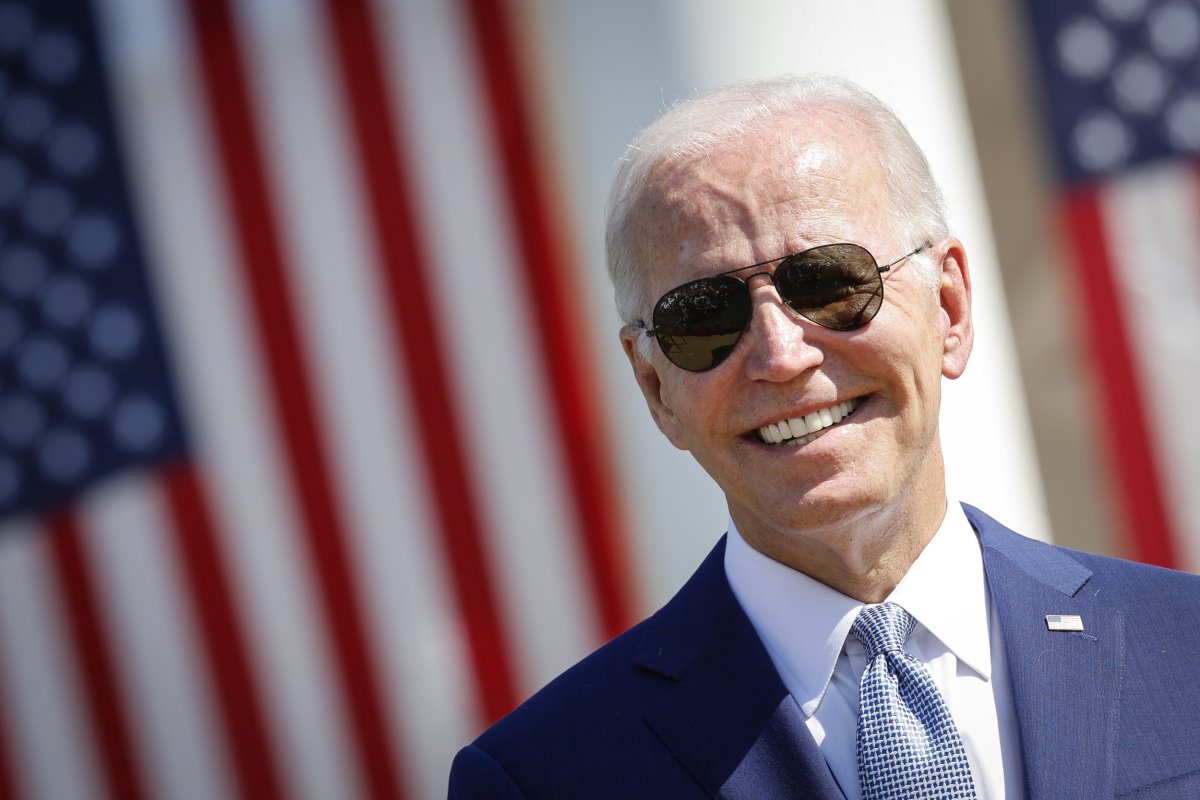
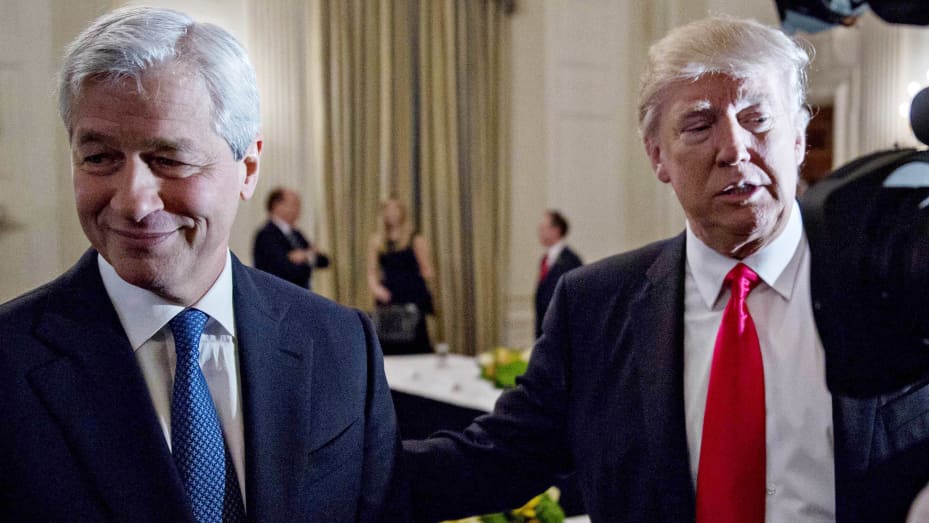













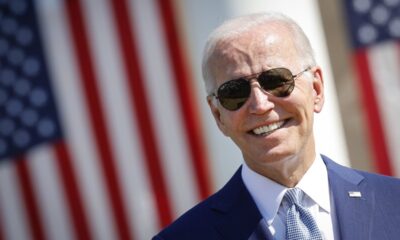

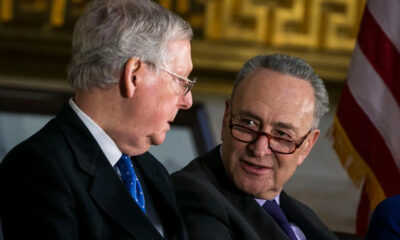



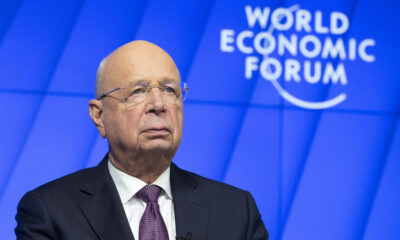

You must be logged in to post a comment Login